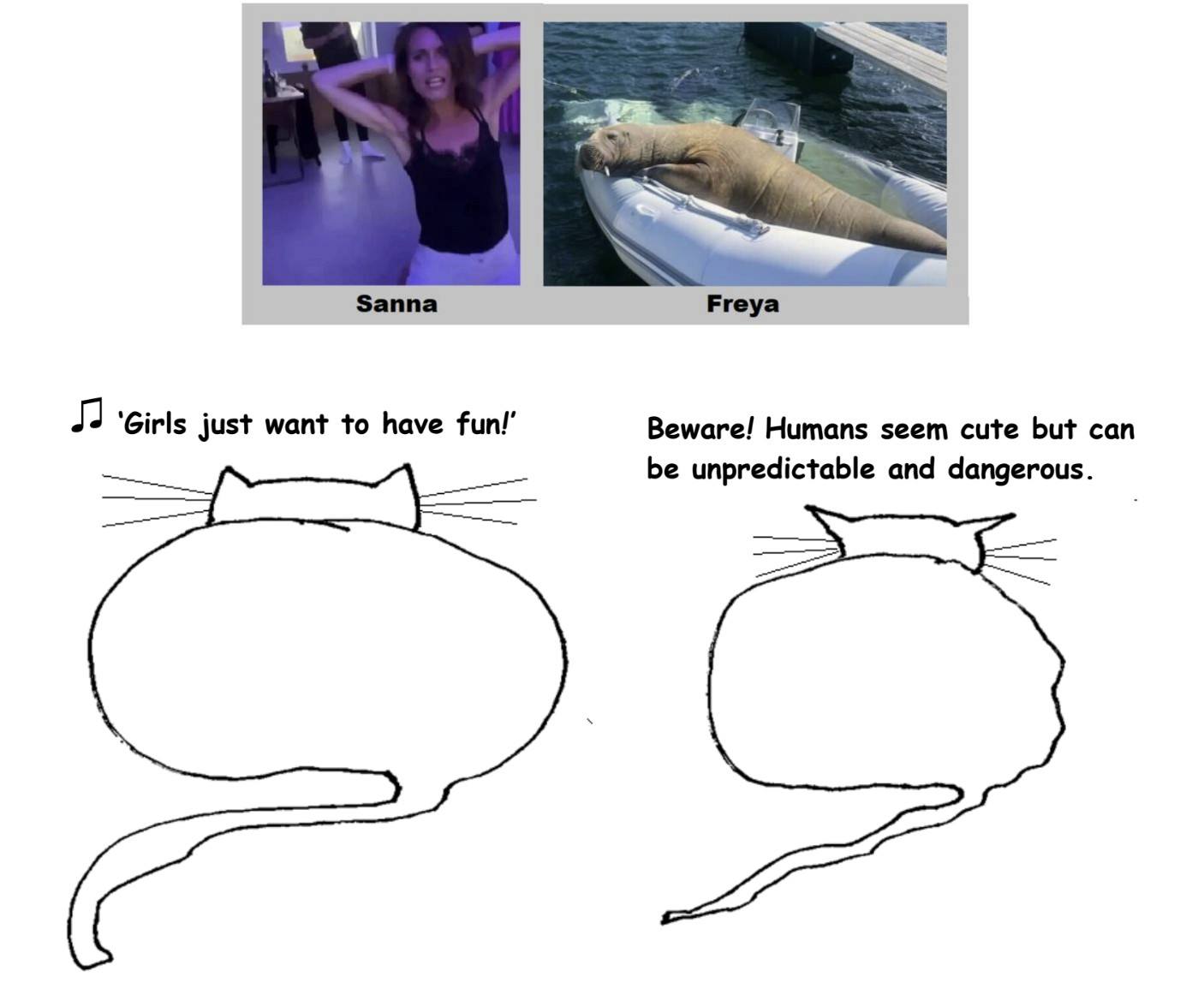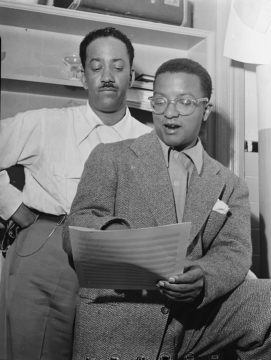by Thomas R. Wells

The idea that ‘taxation is theft’ is one of those thrilling, paradigm shifting recognitions that are continually being rediscovered and shared. It is a classic case of pseudo-intellectuality, in which the excitement around an idea determines its popularity, rather than its quality (previously).
First, unlike theft, taxation is legal – and this turns out to be a more significant difference than it first seems since we rely on laws to determine who owns what. Second, taxation is a device for solving collective action problems and thus allowing us (by coercing us) to meet our moral obligations to ourselves and each other – including our obligations to respect each others’ property rights. One can’t coherently be in favour of enforcing property rights, e.g. by having a police force and judges to catch and punish thieves, without also being in favour of a sustainable system for funding that enforcement.
1. Taxation is Legal
The straightforward rebuttal of the claim that taxation is theft goes like this:
- Theft is when someone takes something from you in a way that violates your legal property rights
- When the government taxes money from you they do not violate your legal property rights
Therefore - Taxation is not theft
To many people this semantic analysis is rather unsatisfactory. Whether things are legal or not is after all determined by the government. But whether something is right or wrong is determined by morality, which is not something determined by governments. The point of the claim that taxation is theft is that taxation is immoral in just the same way that theft is, i.e. that taking people’s property from them against their will and under threat of violence is wrong whether it is done by an ordinary person or by an agent of the government. Read more »




 Sughra Raza. Self Portrait in The November Sun, 2020.
Sughra Raza. Self Portrait in The November Sun, 2020.




 Going back and reading one’s favorite authors is like seeing an old friend after a long absence: things fall into place, you remember why it is you get along with and like the other person, and their idiosyncrasies and unique character reappear and interact with your own, making old patterns reemerge and lighting up parts of you that have long been dormant.
Going back and reading one’s favorite authors is like seeing an old friend after a long absence: things fall into place, you remember why it is you get along with and like the other person, and their idiosyncrasies and unique character reappear and interact with your own, making old patterns reemerge and lighting up parts of you that have long been dormant. The western admirers of Amartya Sen as a public intellectual may not be aware that he is actually in a long line of globally engaged cultural elite that Bengal has produced. (This is true to some extent of the elite elsewhere in India as well, particularly around Chennai and Mumbai, but I think in sheer scale over the last two hundred years, Bengal may have a special claim). One aspect of this phenomenon is worth reflecting on. These members of the cultural elite were well-versed in the manifold offerings of the West, but they came to them with a solid grounding in the cultural wealth of India. Take Ram Mohan Roy (1772-1833). He was, as Nehru describes him in his Discovery of India, “deeply versed in Indian thought and philosophy, a scholar of Sanskrit, Persian and Arabic, ..a product of the mixed Hindu-Muslim culture, …the world’s first scholar of the science of Comparative Religion.” He contributed to the development of Bengali prose. He was a social reformer in Hindu society, actively engaged in serious religious debates with Christian missionaries in India, and a champion of women’s rights and freedom of press (standing up against colonial censorship). Yet when he went to England he caused some stir as the urbane face of a reforming Indian society, was active in campaigning for the 1832 Reform Act as a step to British democracy. The philosopher Jeremy Bentham reportedly even began a campaign to elect him to the British Parliament (but Roy caught meningitis and died in Bristol soon after).
The western admirers of Amartya Sen as a public intellectual may not be aware that he is actually in a long line of globally engaged cultural elite that Bengal has produced. (This is true to some extent of the elite elsewhere in India as well, particularly around Chennai and Mumbai, but I think in sheer scale over the last two hundred years, Bengal may have a special claim). One aspect of this phenomenon is worth reflecting on. These members of the cultural elite were well-versed in the manifold offerings of the West, but they came to them with a solid grounding in the cultural wealth of India. Take Ram Mohan Roy (1772-1833). He was, as Nehru describes him in his Discovery of India, “deeply versed in Indian thought and philosophy, a scholar of Sanskrit, Persian and Arabic, ..a product of the mixed Hindu-Muslim culture, …the world’s first scholar of the science of Comparative Religion.” He contributed to the development of Bengali prose. He was a social reformer in Hindu society, actively engaged in serious religious debates with Christian missionaries in India, and a champion of women’s rights and freedom of press (standing up against colonial censorship). Yet when he went to England he caused some stir as the urbane face of a reforming Indian society, was active in campaigning for the 1832 Reform Act as a step to British democracy. The philosopher Jeremy Bentham reportedly even began a campaign to elect him to the British Parliament (but Roy caught meningitis and died in Bristol soon after). 

 The perfect, so the saying goes, is the enemy of the good. Don’t deny yourself real progress by refusing to compromise. Be realistic. Pragmatic. Patient. Don’t waste resources and energy on lofty but ultimately unobtainable goals, no matter how noble they might be; that will only lead to frustration, and worse, hold us all back from the smaller victories we can actually achieve.
The perfect, so the saying goes, is the enemy of the good. Don’t deny yourself real progress by refusing to compromise. Be realistic. Pragmatic. Patient. Don’t waste resources and energy on lofty but ultimately unobtainable goals, no matter how noble they might be; that will only lead to frustration, and worse, hold us all back from the smaller victories we can actually achieve. My eyes traced the 1500-mile-long arc of the Aleutian Range. Running down the Alaskan Peninsula, the land on either side of the mountains is mainly wilderness and wildlife refuges. Even more astonishing was the complete absence of roads. As a Californian that is hard to fathom.
My eyes traced the 1500-mile-long arc of the Aleutian Range. Running down the Alaskan Peninsula, the land on either side of the mountains is mainly wilderness and wildlife refuges. Even more astonishing was the complete absence of roads. As a Californian that is hard to fathom. A mandate isn’t necessarily tyrannical. It’s a rule that, in any good government, is devised to protect the people from harm so we can better live and work together. We must monitor legislation to ensure we stop laws that can harm people, but we also need to get involved when harm comes from a
A mandate isn’t necessarily tyrannical. It’s a rule that, in any good government, is devised to protect the people from harm so we can better live and work together. We must monitor legislation to ensure we stop laws that can harm people, but we also need to get involved when harm comes from a 